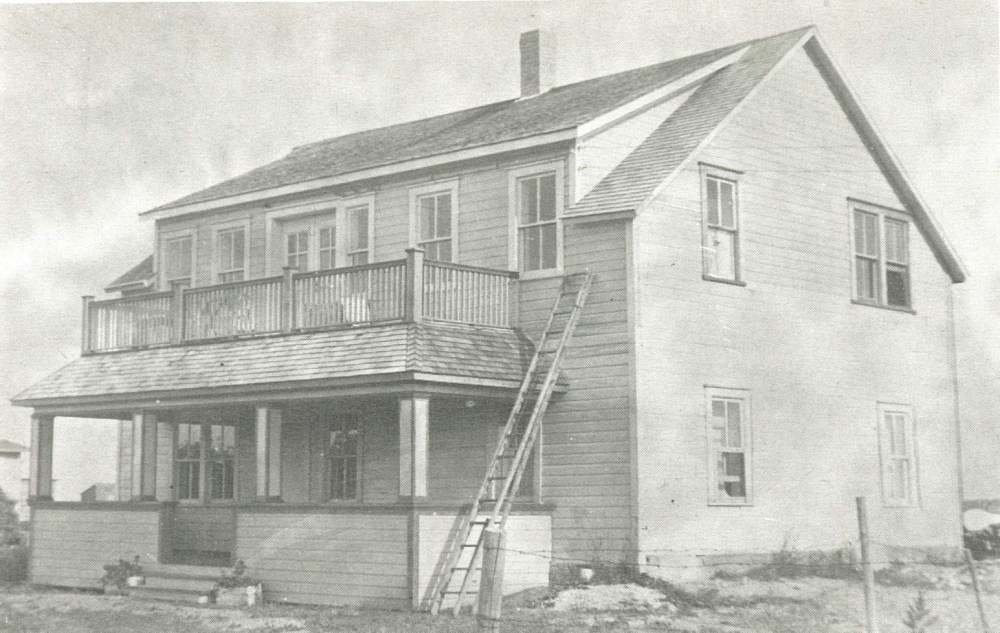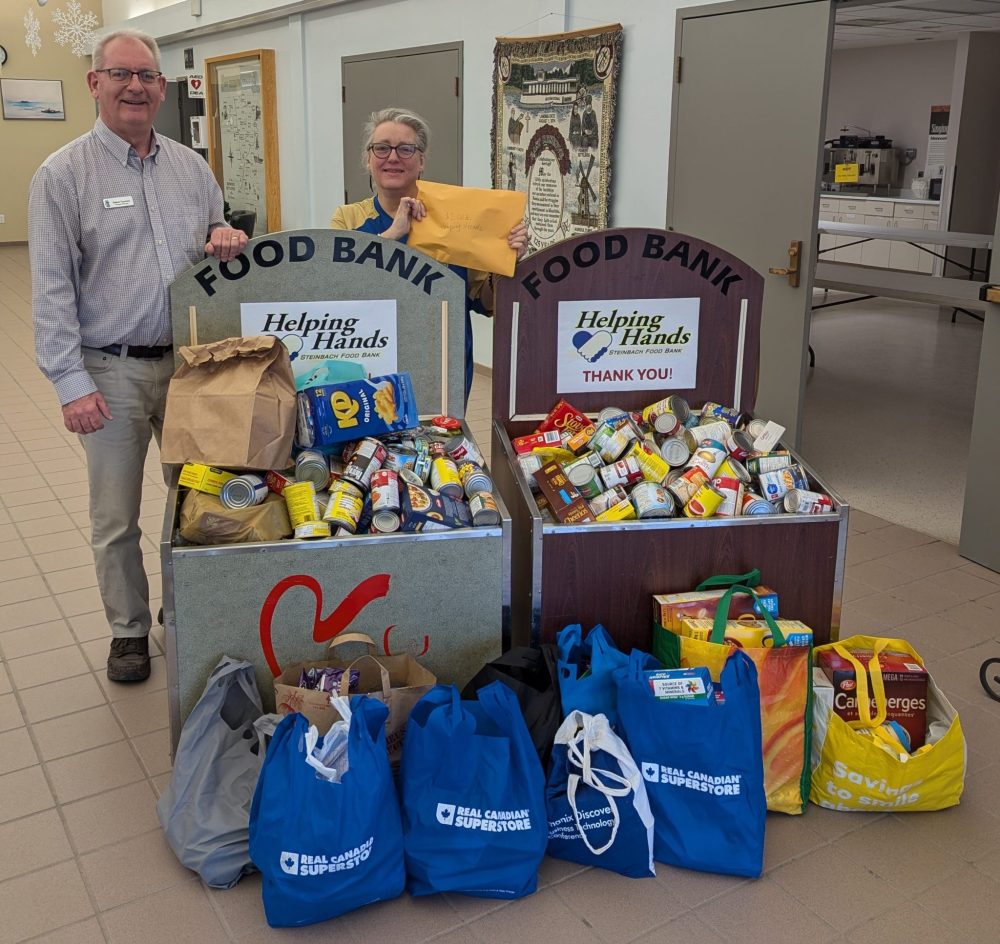COLUMN: Village News – What do we owe to each other?
Advertisement
Hey there, time traveller!
This article was published 16/11/2024 (472 days ago), so information in it may no longer be current.
The Mennonite village model that is represented at the Mennonite Heritage Village is a community that is interconnected, founded on mutual benefit and one where the issues facing individuals cannot go unnoticed. The centrality of the church in each community provided an impetus for individuals with more means to act as wardens for widows and orphans who often struggled to support themselves. In other communities, children often became wards of the state, shipped off to become indentured servants for families in the British colonies, or ended up in group homes (Jacob Doerksen, “Our Forgotten Neighbours,” Preservings no. 41). The admonitions of Matthew 25 seem to have had resonance in the Mennonite villages, that care for the ”least of these” was embedded into the community practice.
The impetus for this attitude of mutual aid may have come from the refrain of the ältester to avoid “worldly temptations” and the pride that came with wealth and success. Ralph Friesen, in describing the sermons of his great-grandfather Abraham L. Dueck, notes that the greatest temptation for the Kleine Gemeinde was material wealth (“Admonishment & Joy Deferred,” Preservings no. 43). Yet, the fear of worldly corruption did not mean ignoring the realities of life and commerce. Dueck even wrote to remind a debtor in Russia that he needed repayment that year, although he had kindly deferred payments the previous year due to low grain prices. It is also clear from the commercial success of Mennonites in Russia, and the growing village of Steinbach, that personal profit and the message of the church were held with some cognitive dissonance.
In thinking of these villages, I am reminded of Jean-Jacques Rousseau’s “The Social Contract” and the dedication of citizens to promote the aims of the ‘common good’. I am partial to the more modern contractualist interpretation of this theory put forward by T. M. Scanlon, made famous by the show The Good Place. To boil a complex moral theory down to a single statement, moral principles should be founded up living with others on terms of mutual respect. Scanlon tersely summarizes this idea in the title of his book: What We Owe to Each Other. Contrary to some other moral systems, we do not treat others as means, but as ends in themselves; every person is of equal worth, and when interacting in community with others, we must recognize this worth. Benefitting others does not detract from one’s worth, but allows others to reciprocate with contributions of their own to the community.

Looking back at Mennonite villages in Imperial Russia and Manitoba, we can see in the informal networks of mutual aid that there was a belief in the social contract. Protection of the ‘least of these’ demonstrates that the widows and orphans were owed equal respect, despite their unfortunate position. The Mennonites in Manitoba, as poor immigrants, were equals with the established English-speaking powerbrokers in Winnipeg. How should this understanding lead to engagement with other communities, belief-systems or political and social leanings? In reality, our Mennonite communities have not lived up to the spiritual claim that everyone stands on equal ground and is due equal, mutual respect. Not only did early Mennonite communities have their share of inequality, but Mennonites have a history of exclusion, bigotry, and judgement of others that we must contend with and answer to. One path toward reconciling ourselves to the truth of our past is to look at our village as a community of equals and ask the question, “What do we owe to each other?”
Upcoming events
Secret Treaty Book Launch, Nov. 17, 2 p.m. (*New Time*). Join the MHV in launching Jonathan Dyck and Elder Dave Scott’s book, The Secret Treaty: A Lost Story of Ojibwe and Mennonite Neighbours. Share stories of the West Reserve before Mennonite Settlement and first encounters between Ojibway and latecomers. How do we forge a different way of sharing this land? To purchase tickets, please visit www.mhv.ca or mennochurch.mb.ca.
Where the Cottonwoods Grow viewing, Dec. 1, 2:30 p.m. Hosted by the Christian Mennonite Church, 479 Hanover St. Experience the story of Mennonite migration to Canada in 1874 and the difficult decisions and experiences of our Mennonite ancestors.
Winter in the Village, begins Dec. 3! Visit the village and enjoy the light displays, kicksleds, skating, snowshoeing and more. Join the MHV on Dec. 5 for the 150th Choral Celebration with Eastman Male Chorus. Stay tuned to www.mhv.ca for workshops hosted throughout the winter.

